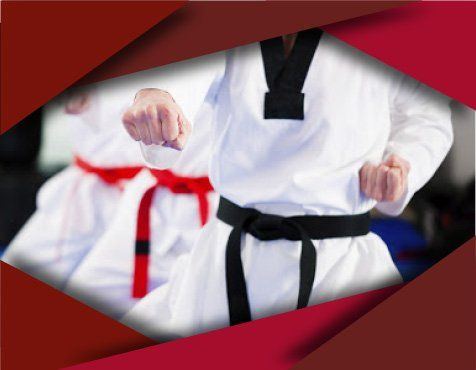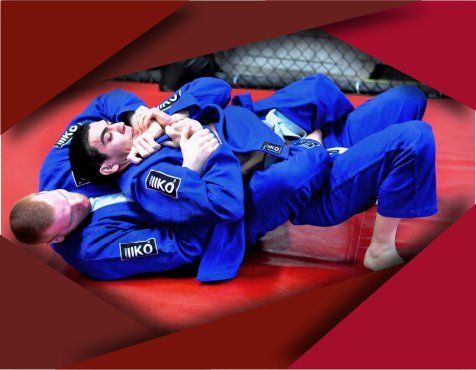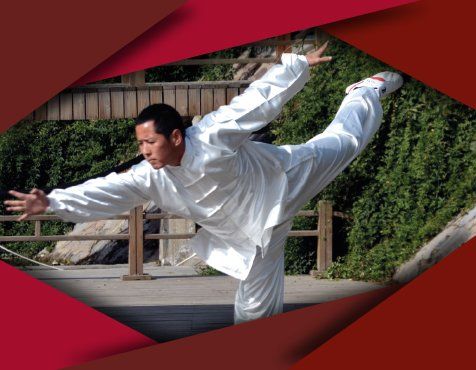In the high-stakes world of law enforcement, officers face unpredictable and potentially dangerous situations on a daily basis. To effectively navigate these encounters and protect themselves and others, many officers turn to Brazilian Jiu-Jitsu (BJJ) as a valuable tool in their tactical arsenal. In this blog, we’ll explore the benefits of Jiu-Jitsu for law enforcement and how it enhances officers’ self-defense capabilities in real-world scenarios.
The Rise of Jiu-Jitsu in Law Enforcement:
Brazilian Jiu-Jitsu, with its focus on leverage, technique, and control, has gained popularity among law enforcement agencies worldwide. Originating from traditional Japanese Jiu-Jitsu and judo, BJJ emphasizes ground fighting, submission holds, and positional control, making it well-suited for law enforcement applications where physical restraint and control are essential.
Effective Control and Restraint Techniques:
One of the primary benefits of Jiu-Jitsu for law enforcement is its emphasis on control and restraint techniques. Officers learn how to safely subdue and restrain suspects using joint locks, chokeholds, and pressure points, minimizing the risk of injury to both themselves and the suspect. By employing proper technique and leverage, officers can effectively neutralize threats while maintaining a high level of control over the situation.
Adaptability to Dynamic Situations:
Law enforcement encounters are often dynamic and unpredictable, requiring officers to adapt quickly to changing circumstances. Jiu-Jitsu provides officers with a versatile skill set that can be applied in various scenarios, including unarmed combat, ground fighting, and close-quarters combat. By mastering the principles of BJJ, officers can effectively respond to a wide range of threats with confidence and composure.
Enhanced Physical Fitness and Conditioning:
Training in Jiu-Jitsu not only improves officers’ tactical skills but also enhances their physical fitness and conditioning. BJJ workouts involve cardiovascular exercise, strength training, and flexibility drills, helping officers build endurance, strength, and agility. By maintaining peak physical condition, officers are better equipped to handle the physical demands of their job and respond effectively to high-stress situations.
Stress Inoculation and Mental Resilience:
Law enforcement officers often face intense pressure and stress in the line of duty. Training in Jiu-Jitsu helps officers develop mental resilience and stress inoculation by simulating realistic combat scenarios in a controlled training environment. By exposing themselves to stressful situations during training, officers become better equipped to remain calm, focused, and decisive when confronted with real-life threats.
Community Building and Camaraderie:
Training in Jiu-Jitsu fosters a sense of camaraderie and teamwork among law enforcement officers. Many departments offer BJJ classes or training programs for officers, providing opportunities for collaboration, mutual support, and skill development. By training together, officers build trust and cohesion within their teams, strengthening their bond and enhancing their effectiveness in the field.
Legal and Ethical Considerations:
While Jiu-Jitsu is a valuable tool for law enforcement, officers must also be mindful of the legal and ethical implications of using force. Training programs emphasize the importance of using only the minimum amount of force necessary to control a situation and prioritize de-escalation whenever possible. Officers learn to apply Jiu-Jitsu techniques judiciously and responsibly, in accordance with departmental policies and legal standards.
Brazilian Jiu-Jitsu offers law enforcement officers a powerful set of tools for enhancing their tactical self-defense capabilities and effectively managing high-stress encounters. By mastering the principles of BJJ and integrating them into their training regimen, officers can improve their ability to protect themselves, their colleagues, and the communities they serve.






































